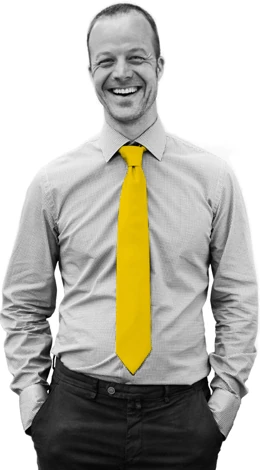What is Podcasting?
Podcasting is a web-based broadcast medium. The verb podcasting is a contraction of the words iPod and broadcasting. The term was first used in a Guardian article in February 2004.
Podcasting differs from webcasting in how the content is accessed or delivered over the Internet. A podcast is actually a subscription to an audio magazine.
The podcaster presents an RSS feed that summarizes and lists new content. Users can subscribe to this RSS feed through a podcatcher, like iPodder. The podcatcher synchronizes the RSS feed and automatically downloads new episodes conveniently to the device of the subscriber.
Previously, listeners had to either tune in to a scheduled webcast or had to search for and then download individual audio files from a website.
Podcasting also differs from other Internet audio technologies in how they are consumed. Unlike traditional radio or streaming media, podcasts are time-shifted, which means that listeners control when they listen to the recording.
The key disadvantages of this method are that podcasts cannot have any live participation from the listeners and cannot reach large numbers of people as quickly as radio can. However, a significant advantage of podcasting over traditional methods of broadcasting is its egalitarian nature. As the radio spectrum is heavily regulated and personal broadcast licenses are difficult or impossible to obtain, podcasting allows for any individual to easily spread their message worldwide.
Podcast Revolution
Podcast offerings range from shows about sex and comedy to shows about niche subjects like Apple computers or vegetarian food. Some major media outlets are also experimenting with the new technology. The BBC has made five of its programs available as a podcast, including the Radio 4 show In Our Time.
Characteristics of Podcasting
New podcast listeners should not expect fast talking DJs like the ones you hear on the programming from the established media. Most shows may even sound somewhat unprofessional to the untrained podcast ear. For example, podcasting pioneer and former Radio Veronica DJ and MTV America VJ Adam Curry is known for his occasional fumbles with the microphone, pregnant pauses, and sundry hiccups in his show The Daily Source Code.
Most podcast hosts only use a microphone, a PC, and some editing software. However, it may surprise you how creative some hosts can be with such a bare minimum of devices.
Podcasting on Location
The first show that made me see the full potential of podcasting was The Rock ‘n’ Roll Geekshow. This particular episode had a recording of a rock ‘n’ roll concert to which the host, Michael Butler, gave minute by minute comments. Afterwards, he stated: “it’s obviously illegal to make such recordings, but as is swearing in the state I live in, and no one can stop me doing that on my own podcast!”
Dutch podcasting priest Father Roderick once did a so-called soundseeing tour in the studios of Vatican Radio for his show the Catholic Insider. Soundseeing tours are popular among listeners and show hosts. I’ve heard podcasts presented on location in London, the Amsterdam Red Light District, and several other places.
Everything seems possible in podcasting. In fact, I could have podcasted this very presentation if I wanted to.
Podsafe Music
Although you may not need a license to produce your very own podcast, the legal restrictions regarding the usage of copyrighted music on the Internet are strict and very complicated. The associations that represent the recording industry don’t offer ways for podcasters to legitimately use copyrighted music on their shows, basically because their copyright laws and regulations can’t keep up with technology.
Some podcasters are voluntarily paying fees in a desperate and experimental attempt to license their playback of copyrighted music. But even they aren’t sure if what they’re doing is completely legitimate.
Funnily enough, podcasters have turned the entire copyright debacle around and transformed it into something positive. As a result of the deadlock, podcast hosts started to play so-called podsafe music.
The term podsafe is used for music offered for free, as long as the podcaster gives credit to the musician.
Listeners are now exposed to completely new artists. There’s lots of talent out there that has been neglected by the music industry. And with all this newly acquired attention, I’m sure some of them are going to make it big.
The Future of Podcasting
The forces of commercialization are already circling the podcast phenomenon and entrepreneurs see monetization opportunities. Some are offering software or services to help podcasters create more polished shows. Advertisers such as Volvo are sponsoring podcasts and other manufacturers, such as Heineken, produce their very own.
It’s obvious that ordinary people without broadcasting licenses, frequencies, or towers are bypassing an entire industry. A few of them might come up with a way to make a living doing it. Or not. Regardless, a trend is in progress that could potentially transform the multimillion dollar radio industry forever!
best translation podcasts in 2024
Author bio
